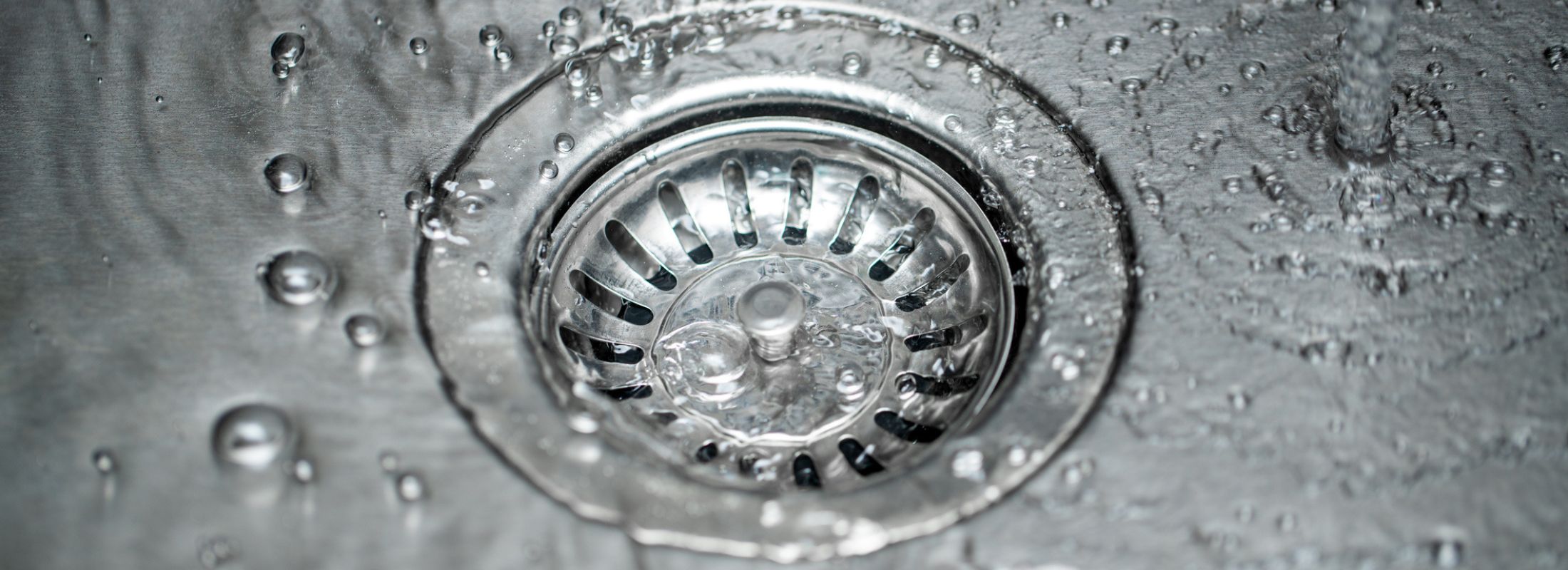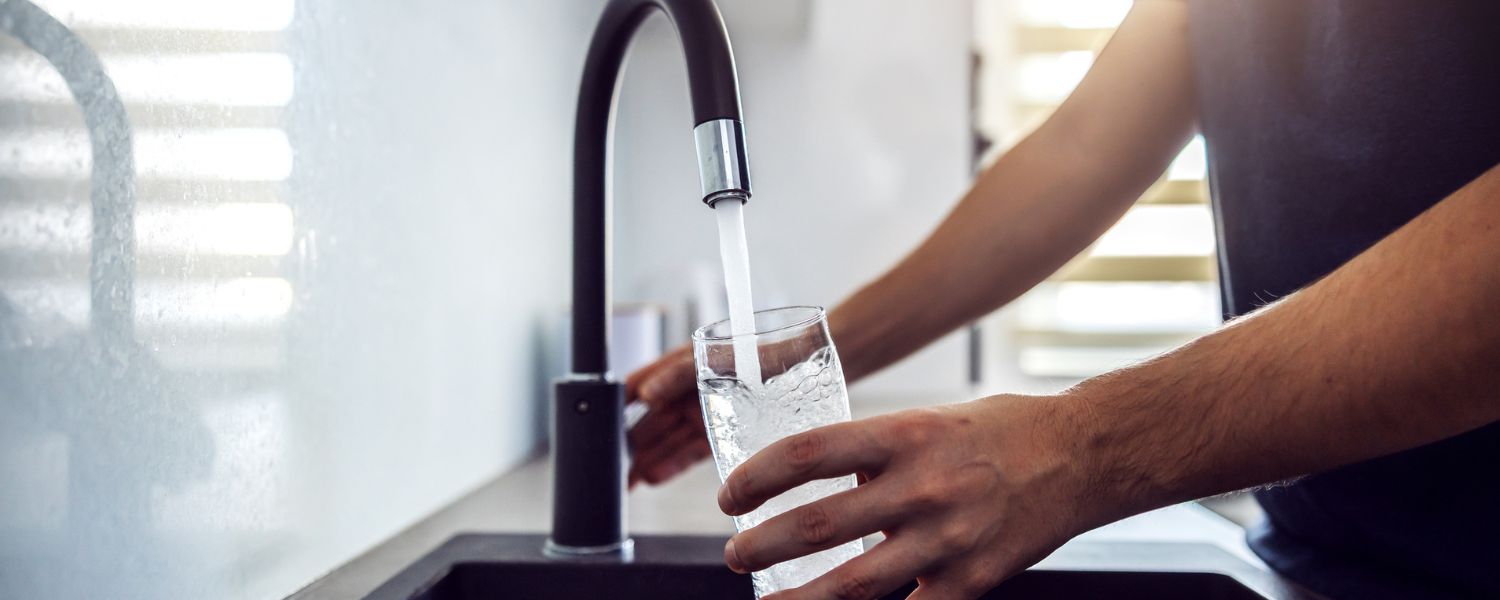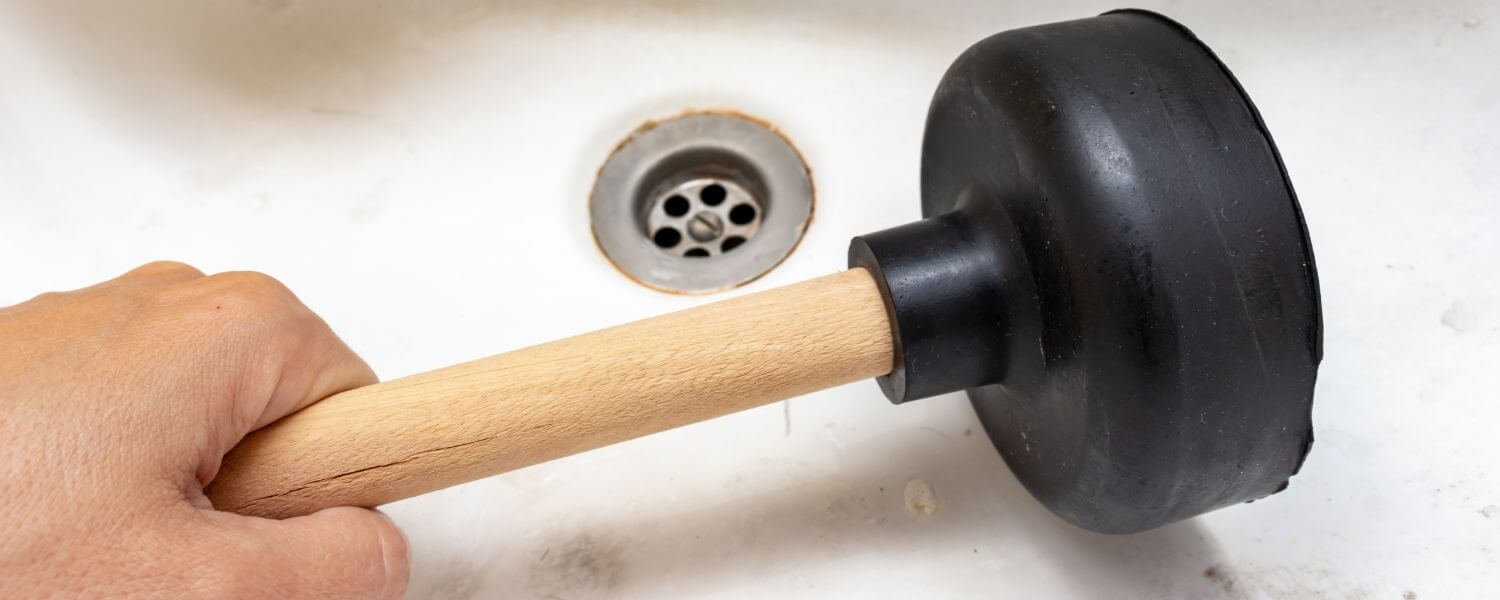Natural gas is used in homes and businesses for various heating needs. When properly installed and maintained, natural gas is a reliable and safe utility. However, everyday wear-and-tear or improper use of gas appliances can lead to a leak.
Gas leaks can occur in a variety of locations. Some leaks are easy to identify but not all are as readily apparent. Whether a leak occurs within your home or your business, it’s important to recognize the symptoms and procedures if you notice signs of a gas leak. Gas leaks must be addressed quickly, as they can cause sickness in humans and animals, kill trees, vegetation, and lead to fire and even explosions.
This article will explain the signs and symptoms of a gas leak, what to do if you suspect a gas leak, and preventative measures to avoid future leaks.
What is a Gas Leak?
A natural gas leak occurs when a faulty gas line or appliance leaks natural gas, propane, or carbon monoxide. Gas leaks occur both in and outside of the home or business. Regardless of location, a natural gas leak should be fixed quickly as it poses a danger to individuals, pets, and properties in the immediate area.
Common Causes That Lead to Gas Line Damage
- Natural Wear and Tear: Over time, gas lines can degrade due to natural wear and tear, leading to leaks or failures. Regular inspections and maintenance can help identify and address these issues before they become severe.
- Corrosion: Gas lines, especially those made of metal, can corrode due to exposure to moisture and soil conditions. This corrosion weakens the pipes and can eventually cause leaks.
- Construction or Excavation Work: Accidental damage can occur during construction or excavation projects if underground gas lines are not properly marked and avoided.
- Tree Roots: Tree roots can grow around and put pressure on gas lines, causing cracks or breaks. Regular monitoring of tree growth near gas lines can help mitigate this risk.
- Natural Disasters: Events such as earthquakes, floods, or landslides can shift the ground and damage gas lines. After such events, it’s important to have gas lines inspected for any potential damage.
- Poor Installation: Improper installation can lead to weaknesses and vulnerabilities. Always use qualified professionals for installation.
By being aware of these common causes, homeowners can take proactive steps to prevent gas line damage and ensure their home remains safe.
If you aren’t sure about the condition of your piping system, contact a professional.
What Are Signs of a Gas Leak?
It’s essential that everyone recognizes the signs and symptoms of a gas leak and takes them very seriously.
Sulfur or Rotten Egg Smell
A sulfuric or rotten egg smell is the most common and noticeable sign of a natural gas leak. Gas is naturally odorless and colorless; as a precaution utility companies add mercaptan, a harmless chemical, to the system to create the odor.
The exception, where no mercaptan is added, is carbon monoxide. Carbon monoxide is incompletely burned gas and will have no odor or color; it is only detectable by a carbon monoxide detector. With the exception of carbon monoxide, your nose is the first line of defense against a gas leak.
Dead Patches or Bubbles in Landscaping
Natural gas travels through pipe line systems and utility stations, located near the edge of a property, to be delivered to buildings. These underground pipes, when found inside the property line, are maintained by the building owner. If located outside the property line, these pipes are maintained by your utility company.
Underground leaks can be difficult to identify but there are a couple of telltale signs to help you locate them. One is that natural gas kills vegetation. If you see a large patch of browned, wilted, or dead vegetation it could be a sign that gas is leaking nearby. The second, if it has recently rained, look for low spots where water pools. If you see constant bubbling it means there is a gas leak underneath that location.
Hissing Sounds
A hissing sound escaping nearby gas lines is indicative of a big gas leak. If you hear the sound of air (or gas) forcibly leaking out of a pipe, you should follow safety precautions and address the leak immediately.
Soap Test
If you suspect signs of a gas leak in any pressurized system, you can use dish soap, a little water, and a cloth rag to tell if a leak is present. First mix the soap and water together, power on the system, then use a rag to wipe down the pipe with the solution. If done correctly bubbles will form on the location of the leak. Oftentimes, leaks are so small that they are undetectable to your eyes or nose.
The soap test is an easy way to use everyday household items to test for a gas leak. When identifying potential leaks, look for pipes that have signs of corrosion or a green discoloration. These are common indicators for a potential gas leak.
Physical Signs of a Gas Leak
How you physically feel can indicate a sign of a gas leak in your house. This is due to the lack of oxygen in your home when there’s a leak. Continual exposure to natural gas or carbon monoxide will produce physical symptoms and ailments. These symptoms include headache, fatigue, dizziness or nausea, and respiratory problems. The same symptoms may be displayed by your pets which is a good hint that something in the room is causing the ailments.
A telltale difference between exposure to natural gas and carbon monoxide poisoning is when exposed to carbon monoxide poisoning, the individual’s face will flush with color, turning them bright red or pink. Natural gas causes your face to lose its color.
There are other common symptoms and signs of a gas leak besides headache, fatigue, dizziness or drowsiness, nausea, and breathing difficulties. Other common gas leak signs include:
- Feeling lightheaded
- Flu-like symptoms
- Irritation to the eyes and throat
- Mood changes, including depression
- Nosebleeds
- Pains in the chest
- Pale skin or blistering following direct contact with gas
- Reduced appetite
- Ringing in the ears
Pets are also affected by gas leaks. If you suspect a gas leak in your home, keep an eye on your cat and dogs. Physical signs of a gas leak affecting your furry friends can include:
- Loss of appetite
- Disorientation
- Red, watery eyes
- Breathing complications
- Vomiting
- Lethargy
If you or anyone in your home or building begins to experience the above listed symptoms, take note of the location. If symptoms afflict individuals in a specific location, then it may be a sign of a gas leak. Once a gas leak has been suspected everyone should evacuate the building immediately and contact a professional.
Homeowners can contact their local utility company, a licensed plumber, or the fire department if they feel safety is compromised.
What to Do If You Suspect a Gas Leak
If you recognize the signs of a gas leak, take immediate action. As you can tell by the symptoms, it’s not something to be taken lightly. Fortunately, you can keep you and your family safe when you take swift action:
Evacuate Immediately: Leave the area immediately and avoid using any electrical switches, phones, or anything that could create a spark. After all, gas leaks can lead to explosions. If you have pets, be sure to take them with you. The longer everyone is exposed to the gas, the greater the chance that the physical symptoms will worsen.
Call for Help: Once you are safely away from the suspected leak, call your gas company or emergency services to report your experiences. There are instances when a gas leak is part of a larger issue. Reporting the issue may not only help you and your family, but you might also be helping others, too. When you speak with someone from the gas company, they can confirm whether there is a gas leak. A professional may also help guide you with the next steps.
Do Not Attempt Repairs: Do not try to locate or fix the leak yourself. Leave it to professionals. Gas leaks are serious and should be handled by a professional.
Ventilate if Possible: If you can safely open windows and doors on your way out, do so to help ventilate the area.
Avoid Areas with Open Flames: If you have candles burning or are using your gas stove, turn it off immediately.
It’s essential to contact a professional service provider or plumber immediately if you suspect a gas leak. Timely detection and repair are crucial for safety.
Is a Gas Leak an Emergency? How Serious is a Gas Leak in a House?
Natural gas leaks can be repaired quickly and safely by a professional plumber. However, unchecked gas leaks, including carbon monoxide poisoning, can pose danger to the individuals nearby.
In addition to physical ailments, natural gas is flammable. It is recommended that you avoid using electrical appliances or starting your car. Instead, if you or someone nearby suspects a gas leak, immediately open the closest windows and leave the premises. Building occupants should take every precaution when dealing with gas leaks.
Once safely outside, homeowners can contact their local utility company or a licensed professional plumber to locate where the signs of a gas leak are occurring to repair the problem.
Who to Call if You Suspect Signs of a Gas Leak?
If you suspect a gas leak, first call your local utility company then call a plumber. Licensed professional plumbers will detect and repair the gas leak, provide permits, and coordinate with the city for final inspections. A utility company will detect if there is a gas leak, but they do not locate the source of the leak or repair it. Working with gas lines can be hazardous, so it’s a job best left to certified technicians. Licensed professional plumbers from Bill Howe can handle all your gas piping services!
How Long Does It Take to Fix a Gas Leak
Certified plumbers need a license to fix a gas leak. A professional knows what a house gas leak smells like and takes the action required to diagnose and repair leaks in the gas line. Of course, not all repairs are the same, and there are specific factors that play a significant role in how long it takes to repair the leak.
- Accessibility: Easily accessible leaks are quicker to repair than those in concealed or hard-to-reach locations.
- Severity: Minor leaks are typically quicker to fix than major ones.
- Environmental Conditions: Adverse weather conditions or difficult terrain can extend repair time.
- Permit and Inspection Requirements: In some areas, permits and additional inspections may be required, adding time to the overall process.
The following are repair time estimates:
- Minor Leaks: 1-2 hours
- Moderate Leaks: 2-4 hours
- Major Leaks: Several hours to a full day or more
There may still be a strong odor present once the gas leak is fixed. Either way, you’ll want to air out your house, so it’s a good idea to open the windows and doors for 15 minutes to several hours. After all, just because you can’t smell the gas doesn’t mean it isn’t there.
How Can Homeowners Prevent Gas Leaks?
There’s no denying that gas leaks in your home can disrupt your life. Although homeowners do not have control over gas lines, vigilance will go a long way toward preventing gas leaks. Homeowners can perform the following steps to help prevent gas leaks:
Warn Children About the Dangers of Playing with Gas Meters and Pipelines
If you have children, remind them to avoid hanging on any visible pipelines or playing with the outdoor gas meter. Hanging on a pipeline may cause it to come loose or break, releasing gas into the home. The outdoor gas meter should be kept clear of any debris, such as plants or snow, so it is easily accessible in an emergency.
Be Cautious When Using Gas Appliances
Be careful when using a gas appliance. Never use them as a source of heat for the room. This can cause carbon monoxide to build within the home. If you need to move any gas appliance, do so carefully to avoid breaking the gas line. Do not pile any objects such as boxes or paint nearby gas appliances. These appliances need oxygen to run properly, and any flammable objects piled nearby are hazardous.
Call Before You Dig
If you are digging a hole on your property, be sure to call 811 before digging. This service will inform you where gas lines are located, allowing you to avoid hitting them as you dig.
Schedule Regular Maintenance
Regular inspections and maintenance from licensed professionals are an ideal way to keep your home free from gas leaks. An inspection of visual gas lines, gas hookups, and exterior gas connections can help a homeowner stay ahead of any needed gas line repair. If needed, certified technicians can replace shut-off valves and gas fittings. If gas line repairs are required, a trustworthy company like Bill Howe can swiftly repair it.
Homeowners should also hire an HVAC specialist to perform annual maintenance on their furnace(s) and air conditioning systems. During annual maintenance, a reputable contractor will perform a complete safety check on the furnace to ensure that no signs of a gas leak are apparent. You can also have a certified specialist inspect gas pipelines and gas-burning appliances.
Install and Regularly Check Carbon Monoxide Detectors
Carbon monoxide is a dangerous gas that is both odorless and colorless, making it impossible to detect without a carbon monoxide detector. Every home should have carbon monoxide detectors installed in the appropriate locations to ensure safety. In California, it is mandatory for all single and multi-family residences to have both smoke and carbon monoxide detectors. These are typically sold as 2-in-1 detectors, and all new installations must use a 10-year non-serviceable type of detector.
To maximize safety, it is recommended to place a carbon monoxide detector near each bedroom and on every floor of the building. Additionally, homeowners should ensure all gas-burning appliances are well-maintained and regularly checked.
Call Bill Howe Today!
Natural gas is an important utility we use every day to keep our homes and offices warm, our showers hot, and to cook our food. With the daily use of gas, it is understandable that over time a leak is bound to occur.
When a leak appears, it is important to know the signs, symptoms, and how to act.
Remember to take precautions when handling gas appliances. You can use the signs and symptoms of a gas leak to identify potential leaks and call a certified plumber to have your gas lines regularly inspected and maintained.
If you suspect signs of a gas leak, or want to schedule plumbing or HVAC maintenance, call Bill Howe at 1-800 BILL HOWE (245-5469).
Book Now!




